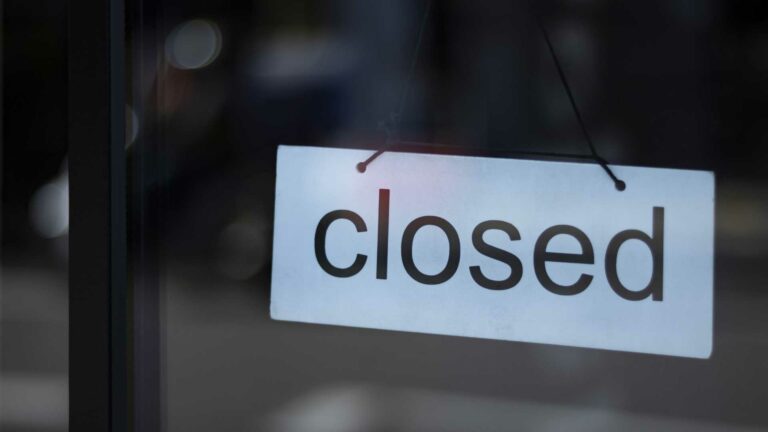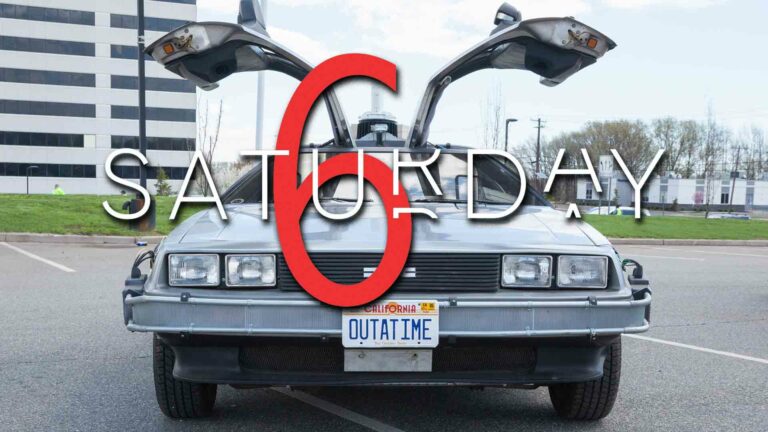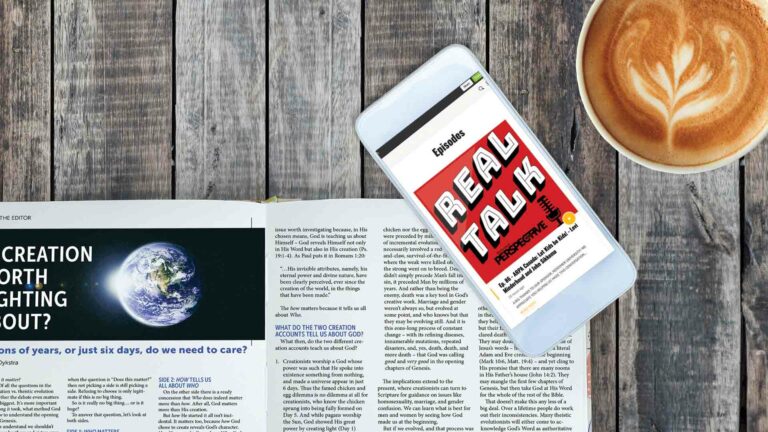Understanding the war in Gaza
On October 7, 2023, the terrorist organization Hamas launched an attack on Israel from Gaza that killed about 1400 Israeli civilians. Hamas also took over 200 hostages.
The brutality of the attack was staggering, and there are reports of Hamas terrorists recording videos of their own gleefulness as they committed atrocities against Jewish women and children.
In Western countries, thousands of “progressives” began demonstrating in the streets and posting messages on social media in support of the Hamas attacks. Then, as Israel counterattacked into Gaza to prevent further Hamas aggression, progressives demanded that there be a ceasefire to halt Israel’s military advance.
In the view of such progressives, the Palestinians of Gaza are an oppressed people under the colonial rule of Israel. But such a view doesn’t understand the history of the region and the current situation.
Correcting misinformation
To correct the misconceptions, Dr. Willem J. Ouweneel, a prominent evangelical theologian in the Netherlands, quickly put together a small book to help Christians understand the big picture. This book is called Israel and the Palestinians and it was published by Paideia Press within weeks of the terrorist attack.
First of all, it’s important to understand that Palestinian Arabs are not the original occupants of the land who were subsequently dispossessed by Jews. Yes, there have been Arabs in Palestine for centuries, and there were Jews living there too for an even longer time. As Ouweneel explains, “There have been Jews living in the Holy Land virtually continuously since the arrival of Israel under the leadership of Moses (about 3,200 to 3,400 years ago).” Yes, many Jews were expelled by the Romans in the first and second centuries AD, but some Jews always remained. It was their original homeland, after all.
Arab and Jewish Palestinians
The Muslims conquered Jerusalem in 638 and much of the rest of the Middle East during the seventh century. For centuries thereafter the area, revered as the “Holy Land,” remained under Muslim rule – except for a brief interlude when the Crusaders held control.
In 1917, during World War One, the British seized it from the Ottoman Empire. Between the two world wars, while the British administered this territory, large numbers of Jews came from other parts of the world to live there.
Both the Arab and Jewish residents were known as “Palestinians.” The idea that only Arabs are Palestinians developed later, especially after Israel became a country in 1948. That is, the claim that there is a specifically Arab Palestinian national identity is very recent historically.
Palestine partitioned
As the number of Jewish people in Palestine surged, their potential military strength grew correspondingly. Tensions between Jews and Arabs increased. The British therefore tossed the “Palestinian issue” hot potato to the United Nations (UN) for a solution. A UN commission proposed partitioning Palestine into the modern country of Israel and an Arab Palestine territory, and this proposal was adopted by the UN.
The Jews were jubilant that they would get their own country and they formed the State of Israel on May 14, 1948. The Palestinian Arabs refused to establish their own country, partly due to pressure from neighboring Arab countries. The Arab leadership wanted every inch of Palestine.
Those neighboring Arab states immediately launched an all-out attack to wipe Israel off the map in 1948. However, the Arabs lost this conflict, known as Israel’s War of Independence (1948-1949), so Israel was successfully established.
The Palestinian Arabs ended up with nothing, because the country of Jordan took control of the West Bank and Egypt took control of the Gaza Strip, both of which territories had been assigned by the UN to the Palestinian Arabs.
Ethnic cleansing?
At the formation of Israel, about 700,000 Arabs fled the new country and became refugees in surrounding Arab countries. This was encouraged by the Arab states, but Ouweneel notes that “the Jews themselves may have contributed to this Arab departure by intimidating them.”
At the same time, though, “around 850,000 Jews were expelled from the surrounding Arab countries. These were Jews whose ancestors had often lived in those Arab countries for centuries.” They were welcomed in Israel.
So, it seems that to some degree, there was a form of ethnic cleansing on both sides.
Israel is an officially Jewish state, so Arabs who live there “are, in a sense, second-class citizens.” Nevertheless, they enjoy the same democratic rights as Jewish residents. Indeed, there “is no country in the Middle East where Arabic speakers have as many rights as in the land of Israel.”
The main point, though, is that Israel is not some sort of Jewish colony in Palestine. Jews have lived there for millennia. Furthermore:
“throughout history, there have always been more Jews than Muslims living in Jerusalem. In 1860, when Zionism did not yet exist, there were 11,000 Jews compared to 6,500 Muslims, and in 1906, there were 40,000 Jews compared to 7,000 Muslims. At all times, Jerusalem has been more of a Jewish city than an Arab one.”
Muslims cannot accept Israel
According to Ouweneel, the bottom line is that the root of the conflict is religious. Muslims believe that since they conquered Palestine in the seventh century, it is and must always belong to the “realm of Allah.” In other words,
“it is inconceivable that Jews would ever have their own state in an area that has become part of Allah’s world. This is an abomination to many consistent Muslims, both within and outside the Middle East. For seventy-five years, these Muslims have fervently desired that the state of Israel come to an end as soon as possible.”
It is with this in mind that the chant “From the River to the Sea, Palestine must be free” can be properly understood. It means that “all Jews must be expelled (or better yet, killed) from the land, only then will Palestine truly be ‘liberated.’”
Due to the deep-seated religious basis of this conflict, then, Ouweneel believes there can be no lasting political solution. The Jews believe strongly in defending their country, and consistent Muslims believe strongly in wiping it out completely. There’s no middle ground.
Peace only through Christ
However, peace would be possible if both Jews and Muslims in the region turned to Christ. As Ouweneel writes, “The solution is for Jews and Arabs to be reconciled with God individually, in Jesus Christ (2 Cor. 5:18–20). Then reconciliation with each other will follow naturally.”
So, while it’s easy to sympathize with the Israelis rather than their opponents, there is no room for hatred. “We must learn to see in the face of every Muslim a potential Jesus-believer." Indeed, some missionary organizations are reporting that thousands of Muslims are turning to Christ right now.
Conclusion
Israeli forces have continued to push into Gaza to root out Hamas terrorists. Unfortunately, many civilians are dying as result. Civilian casualties are much higher than they need to be because Hamas uses them as human shields by operating out of schools and hospitals.
From the Israeli perspective, if Hamas is not destroyed, its terrorists will continue to commit atrocities against civilians in Israel. Thus, to protect their own people, the military operation in Gaza must continue, despite the unfortunate civilian casualties.
Every country has a right to self-defense, and Israel is no different in this regard. Hamas launched its attack on October 7, and Israel is fighting back. Those who are outraged by Israel’s military operation should reflect on the fact that this entire episode is the result of a massacre of Israeli civilians by Hamas.
Oct 9 march in New York two days after the attacks with a sign touting the slogan "From the River to the Sea." (Picture credit: Lev Radin / Shutterstock - Top picture credit: Below the Sky / Shutterstock)...
































